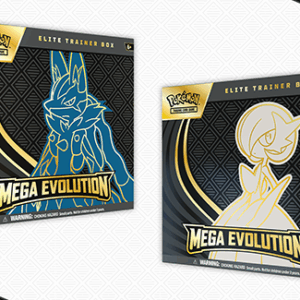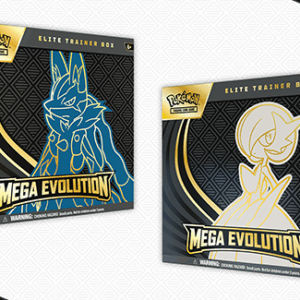In a tale that mingles the intrigue of a heist film with the feverish fervor of high-stakes antiques dealing, a $2 million sports card theft has thrust a spotlight on the vulnerabilities within the booming hobby of collecting rare sports memorabilia. This saga unfolded with iconic cards and an unexpected stage: a Best Western hotel in Strongsville, Ohio. At the heart of this scenario is Memory Lane Inc., a California-based auction powerhouse, which has filed a lawsuit seeking reparations and pressing for an examination of hotel and transit security practices.
Picture this: 54 vintage sports cards, considered nothing short of holy relics by enthusiasts, embarked on a journey set to culminate at the hands of a diligent Memory Lane employee. Among the treasure trove were illustrious pieces such as a 1909 Ramly Walter Johnson and a 1941 Ted Williams, gleaming in the eyes of their beholders at a combined value nearing $90,000. Such historic cardboard gold was to be delivered with utmost care, but alas, fate had a sinister twist in store.
Enter the villains of this narrative: Jacob Paxton and Jason Bowling. Investigative efforts deduced that Paxton, a hotel staff member, orchestrated the disappearance of the precious package by passing it into the complicit hands of Bowling. The caper saw quick unraveling with authorities retrieving 52 out of the 54 cards, yet the star attractions—Johnson and Williams—vanished into the shadows, escaping the grasp of justice. A courtroom drama ensued, resulting in Paxton trading his Best Western uniform for a prison jumpsuit, now enduring a four-to-six-year stay behind bars. Bowling, on the other hand, was sentenced to community supervision, perhaps tasked to mend his ways outside the brick walls.
For Memory Lane, this was not just about the financial dent but an affront to their reputation—a crack in the armor of trust that could echo long and wide in a business where credibility fortifies the core. Fearing their good name might unjustly veer towards infamy, the company upped the ante in July 2025 by lodging a civil lawsuit against Best Western International and its local operators. The crux of their grievance entrenched itself in allegations of negligence—a claim suggesting that by employing an unfit guardian of belonging, the hotel inadvertently imperiled artifacts of irreplaceable worth.
This lawsuit doesn’t loll in the grey zones of legalities alone; it tiptoes on the frontiers of a broader question: How should entities like hotels and shipping conduits shoulder the responsibility of safekeeping valuables that often draw parallels with fine art or jewelry? Public watchings now turn to see if this case could carve out new thresholds of accountability and diligence.
Of course, the tale of cards deceptively spirited away isn’t ensconced merely in the confines of Midwestern inns. An alarming crescendo of heists has besieged the sports collectibles industry in recent years. The National Sports Collectors Convention, an annual Mecca for collectors, has repeatedly fallen prey to scheming operatives. Despite heightened measures, rookie cards of legends like Mickey Mantle and Michael Jordan vanished in the summer of 2025—leaving enthusiastic dreamers distressed and on high-alert.
In this age of escalating values and marred security, collectors and retailers are battening down the hatches. Heightened precautions translate to deploying surveillance systems as if fortifying a mini-Fort Knox, investing in rock-solid insurance cushions, and utilizing fortified, locked display cases to stave off attempts of subversive larceny.
The Best Western debacle may just sketch the dawn of reformations dictating dealings between hotels, carriers, and revered pieces of cardboard that have inflated from niche treasures to universal cultural icons. Unraveling amidst a backdrop of an ever-growing enthusiasm and value for sports cards, the cards demand the same reverence and rigorous security as works of art or baubles of high pedigree. Will such measures restore tranquility to a beleaguered yet fervent connoisseur community? Only time, seasoned with enhanced safeguards, can tell.
For now, the roadmap for aficionados, dealers, and institutions remains fraught with caution, vigilance, and a meticulous re-evaluation of what it means to protect—ensuring that the next trip for historic memorabilia doesn’t detour into an unscripted plot of theft and restitution.






